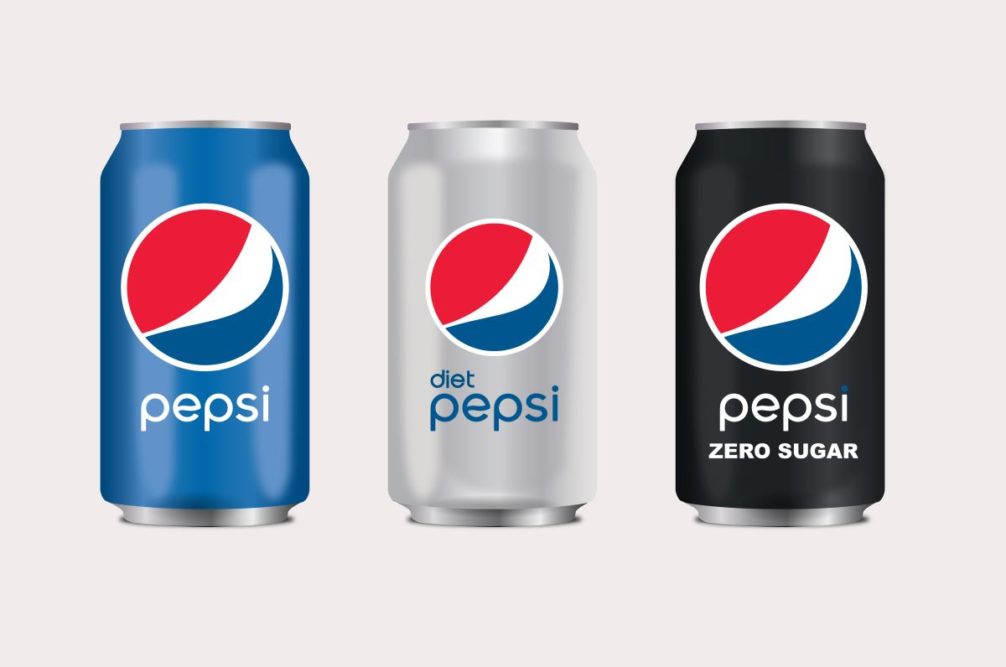PURCHASE, NY. — After managing inflation in fiscal year 2022, PepsiCo, Inc. will prepare for a similar scenario this year, albeit with plans for a possible recession in the second half of 2023.
Net income attributable to Purchase-based PepsiCo was $8.91 billion, or $6.4 per share on the common stock, in the fiscal year ended Dec. 31, 2022, which was up 17% from $7.62 billion, or $5.49 per share, in the previous fiscal year. Revenue increased 9% to $86.39 billion from $79.47 billion. Organic revenue growth was 14%.
Modernizing and harmonizing the company’s IT systems across certain businesses and countries and expanding the global business services initiatives helped PepsiCo deliver more than $1 billion in productivity savings in 2022.
Company executives expect inflationary pressures to persist in 2023 and forecast 6% organic revenue growth for the year.
“The way we feel about the consumer is based on employment data and wage growth around the world (that) is positive,” said Ramon L. Laguarta, chief executive officer, in a Feb. 9 earnings call. “In our assumption for the year, we're thinking elasticities might get worse going into the second half of the year based on multiple scenarios that we have.”
Hugh F. Johnston, chief financial officer, was asked in the call whether volumes may decrease in 2023.
“Perhaps they'll be down a little bit,” he said. “Let's see how the year plays out. Right now, the consumer is still quite good, but we also have to plan for multiple scenarios, and in the back half of the year, given interest rates are as high as they are, it wouldn't be shocking if there were a mild recession in the US and in some of our developed markets.
“We've taken actions in terms of productivity to make sure in a recessionary environment, we're still well insulated to hit our numbers.”
Operating profit at PepsiCo Beverages North America more than doubled to $5.43 billion in the fiscal year, reflecting a gain of $3 billion associated with the sale of Tropicana, Naked and other select juice brands, which was offset partially by a negative impact of 2 percentage points of related transaction costs. Revenue increased 3.7% to $26.21 billion. The brands Gatorade, Pepsi, Mountain Dew and Aquafina delivered revenue growth in double-digit percentages.
PepsiCo will promote Pepsi Zero in the Super Bowl Feb. 12 and then throughout the year.
“We moved the formula closer to the formula we have in Western Europe and some other parts of the world,” Mr. Laguarta said. “It's a more refreshing formula. It's closer to our original flavor, and I think the initial results are very good. The consumer testing was excellent.”
In alcoholic beverages in 2022, PepsiCo extended its distribution of Hard Mtn Dew, a product of the Boston Beer Co., to 11 states and entered an agreement to distribute Lipton-branded hard iced tea. Selling and distributing alcoholic drinks is different than selling and distributing soft drinks and sports drinks, Mr. Laguarta said.
“There are more nuances, regulatory-wise and execution-wise,” he said. “So we're in that process of learning. I think strategically, you should see this becoming an important part of our business in the US, but we're going to learn before we scale up.
“And I wouldn't think about this as we're going to be an alcohol distributor. I think we're going to choose a few partners that will create brands with us and products, and we will be distributors of a small portfolio of high-potential brands rather than just a lot of brands in our distribution system, which will be too complex and probably little value for us.”
Operating profit at Frito-Lay North America increased 9% to $6.14 billion, reflecting effective net pricing and productivity savings partially offset by operating cost increases. Revenue rose 19% to $23.29 billion from $19.61 billion. Larger brands Doritos, Cheetos, Lay’s, Ruffles Tostitos and Fritos all delivered revenue growth in double-digit percentages as did smaller brands PopCorners, Smartfood and SunChips.
Operating profit at Quaker Foods North America rose 4.5% to $604 million, primarily reflecting effective net pricing and productivity savings. Revenue increased 15% to $3.16 billion. Organic revenue growth was 13% as market share gains came in the categories of snack bits, light snacks, rice and pasta, and ready-to-eat cereal.
Organic revenue in PepsiCo’s International business increased 16%, but Europe had an operating loss of $1.38 billion. Negative impacts came from charges associated with the Russia-Ukraine war, impairment charges related to the SodaStream brand, and the impairment of intangible assets due to discontinuing or repositioning certain juice and dairy brands in Russia.
Companywide in the fourth quarter, net income attributable to PepsiCo was $518 million, or 37¢ per share on the common stock, down from $1.32 billion, or 95¢ per share, in the previous year’s fourth quarter. Revenue increased 11% to $28 billion from $25.35 billion.





